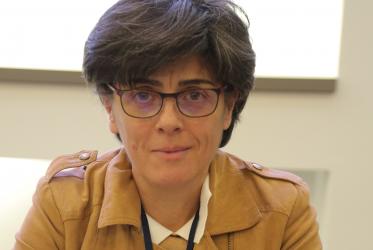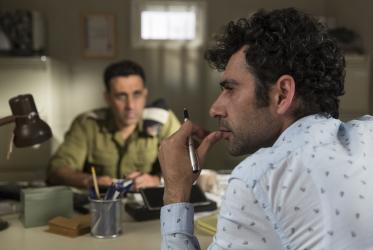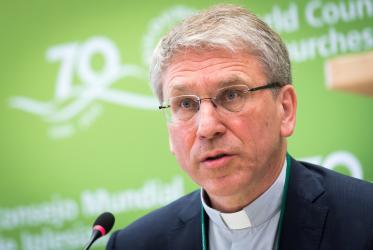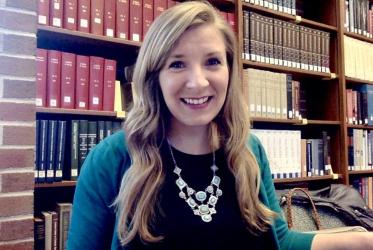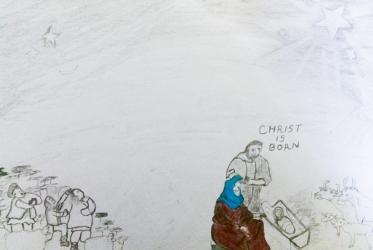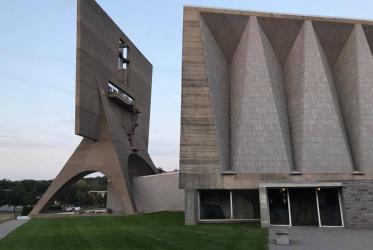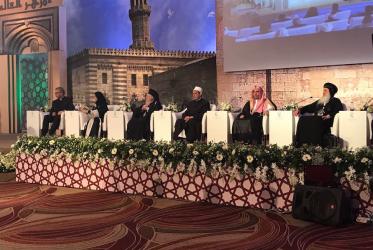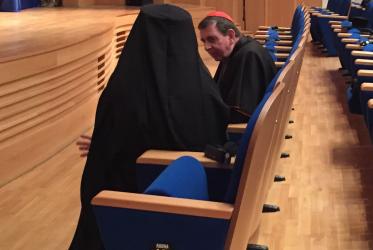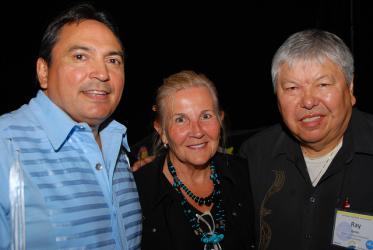Displaying 1 - 20 of 23
Hope prevails in times of crisis in Lebanon
14 September 2020
WCC condemns attack at Hanukkah celebration in New York City
29 December 2019
Film “Tel Aviv on Fire” wins Interfilm award
12 September 2018
Tveit in DRC: “Making peace is holy work”
19 August 2018
Broken glass of hope grown out of rubble
16 July 2018
Faces of Hope raises awareness
07 March 2018
Tveit: search for unity “an urgent need today”
09 September 2017
"We have our work cut out for us"
10 August 2017
In Lebanon, refugees face hardship - but find hope
16 March 2017
WCC general secretary reflects on peace in Palestine and Israel
20 September 2016
Cardinal Kurt Koch tells WCC News: We have to deepen our solidarity
05 November 2015
Local and global work saves lives
22 October 2015

